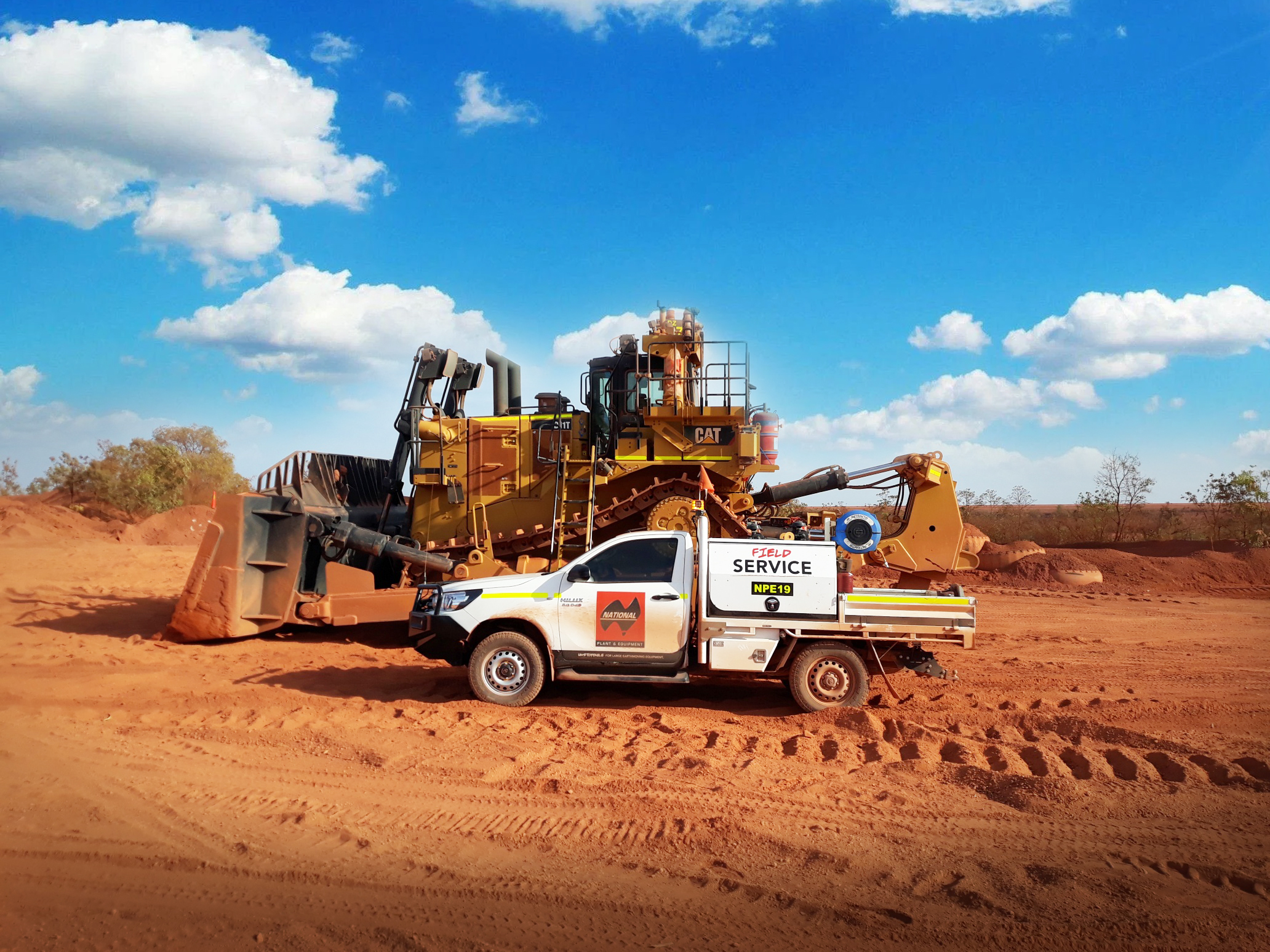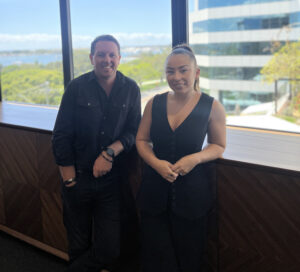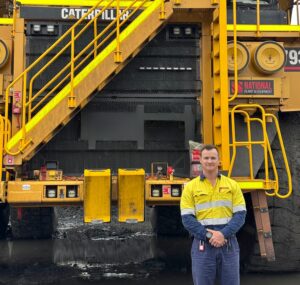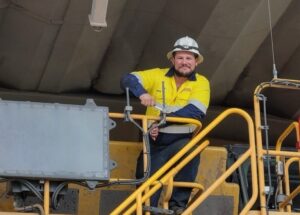Service crew at Weipa always ready to roll
Diesel fitter Steve McLachlan clocks up big mileage to keep machines ticking over
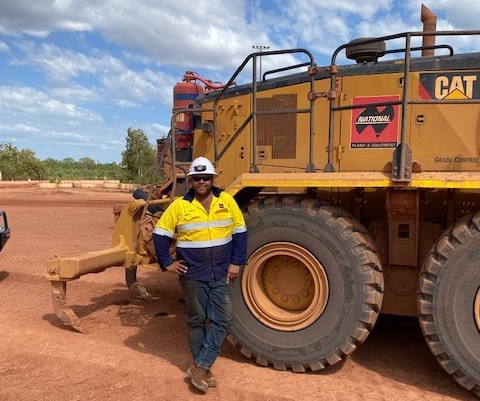
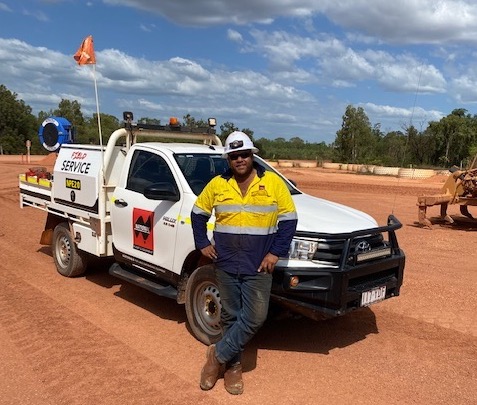
At 2 o’clock in the morning, Steve McLachlan and a National Group colleague do a 200-kilometre round trip to fix a machine at a Rio Tinto bauxite mine at Weipa in Queensland.
Conditions are hot and humid, even though it’s the middle of the night. Mosquitoes abound. Weipa is on the west coast of Cape York, about 800 kilometres north-west of Cairns and 200 kilometres south of the tip of Australia. It’s beautiful, remote country.
McLachlan, an experienced diesel fitter, services and repairs National Group machines at Rio’s East Weipa and Andoom mines, and its new Amrun mine (commissioned in 2019).
The 37-year-old loves the job – and the land. He is from the Yupungathi people, one of the traditional owners of Old Mapoon, an Aboriginal community in Cape York, 80 kilometres north of Weipa on the mouth of the Wenlock River.
“I love to get back there and go for a wander around the old country,” says McLachlan. “I like to catch some big barramundi and do some hunting. It’s a great part of the world.”
McLachlan’s work as a diesel fitter for over 20 years has taken him around Australia. He’s worked in the Northern Territory, central New South Wales and other mining locations.
McLachlan was contracting for another company in Weipa before he joined National Group last year. “I knew a few National Group people and they said it was a good place to work. I could see National Group kept its machinery in top order, so that was another plus.”
McLachlan is one of 10 National Group maintenance staff at Weipa. “We have a good crew, and I’ve enjoyed the job so far. You need to be versatile and reliable where you’re servicing equipment at three mines across such a large area. There’s a lot of travel.”
Like other National Group staff, McLachlan is a fly-in, fly-out (FIFO) worker (he’s based at Malanda in the Atherton Tablelands Region of Far North Queensland). During his week on at Weipa, McLachlan works both day and night shifts. “I like the night work in particular because it usually involves repairs, rather than equipment servicing.”
Some jobs take 10 minutes to fix. Others, such as fixing a bulldozer that has load targets to meet for a waiting ship, can be more complex and urgent. “There’s never a dull moment. With 12 National Group machines here to maintain, we’re kept pretty busy.”
McLachlan says the reliability of National Group equipment is an advantage. “You always have issues from time to time, but the maintenance standards at National Group are really high. The equipment is reliable, which is what the big mining companies want.”
Career aspirations
Although he enjoys working in the field, McLachlan hopes to move into a leadership role over the next 3-5 years at National Group. “I like solving problems and helping other people. It’d be good to share that knowledge with younger diesel fitters who are starting out.”
McLachlan says he is well supported by National Group. “They’ve been great on training. If we need any extra tickets to do some work, the company just organises it. It’s definitely a place you can build a long-term career at. There’s a lot of opportunity here.”
National Group is increasing its focus on Weipa and expects to hire more staff for its operations there next year. Rio Tinto’s Amrun mine will extend the life of its Weipa bauxite operations for decades to come.
Greg Burton, Supervisor at National Group’s Weipa operations, says there is a lot of potential in the area. “With the new bauxite mine kicking off, National Group will need more people and a bigger fleet here over time. We try to employ local people wherever possible, but we’ll always have a FIFO workforce as well to support our Weipa business.”
Burton adds: “National Group has been involved at Weipa for a long time and is really committed to the area. We want to keep growing here as the local mining industry grows.”
McLachlan, for his part, hopes young Aboriginal men and women consider diesel-fitter apprenticeships. “It’s a great trade to have and a good way to see the country. We work on some very large machines, but they’re all just nuts and bolts in the end.”
